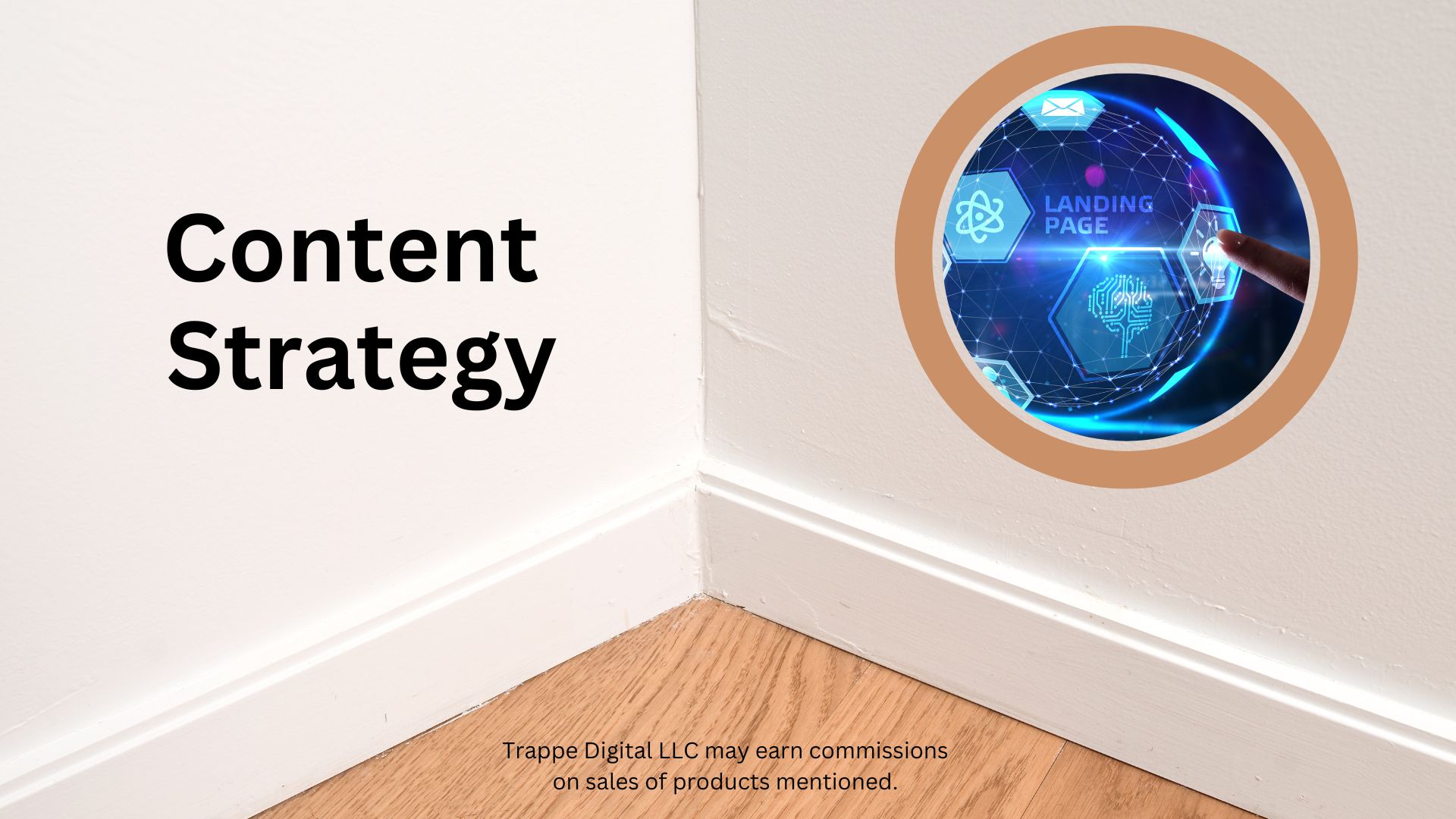Trappe Digital LLC may earn commission from product clicks and purchases. Rest assured, opinions are mine or of the article’s author.
Content accuracy matters. Corporate content strategy shouldn’t be exempt from it, especially when we are trying to build our subject matter experts and company leaders up as thought leaders in our industry. The content must be accurate.
But how do we achieve content accuracy, and what does that even mean? In this article, I discuss the following:
What is content accuracy?
Content accuracy means that the content that we publish is correct. The facts aren’t made up but are true. Content accuracy doesn’t prohibit us from being aspirational. It’s okay to say: “Our brand is aiming to help you with…” for example.
But don’t just make things up. Be sure it’s true.
Read next: 10 steps to keep in mind for better product images
How do we ensure content accuracy?
There are several ways to ensure content accuracy.
You’ve talked to credible sources or quoted them
When conducting research for content, it’s critical to rely on credible, authoritative sources and accurately represent the information you find. But how do you determine if a source is credible?
Some signs of a credible source:
- The author or organization is a recognized expert on the topic.
- There are citations and references supporting facts and statistics. Quality sources show their work when they are not first-hand.
- The information is current, not outdated. Studies and news articles more than 5-10 years old may no longer reflect the state of knowledge.
- The source demonstrates objectivity and transparency about their methodology. You should understand how they obtained data to back up claims.
- When quoting a website, the domain has high trust and authority. Use a tool like Moz to check a website’s domain authority score. Higher is better for assessing credibility.
In summary, quality research entails finding credible sources and accurately representing what they state. Check for signs of expertise, citations, current information, transparent methodology, and high domain authority when evaluating external sources.
Read next: Why research is important [Content Strategy]
You have first-hand experience
The content that’s being shared is your first-person experience (and, again, you are sharing it honestly). Think of parent bloggers and others who are sharing their personal stories online. Those are their stories and – unless they are lying – are accurate depictions of what they experienced and have learned.
Time stamp information that evolves
Readers rely on content being up-to-date to make confident decisions. Outdated facts or instructions frustrate audiences and undermine perceptions of accuracy. Surfacing information like publication dates, update timestamps, and product/data versions provides assurance your content reflects the current reality.
If your content refers to specific products, plans, or data sets, clearly identify associated versions to avoid confusion. For example, “Relevant for XYZ Software version 2.4” or “Based on 2022 census income data.”
To prompt reviews, set calendar reminders when certain pieces require changes, like guidelines refreshed quarterly. Sections tied to external factors may need updates after announcements like policy shifts, acquisitions, or tool updates.
Accurately dating content demonstrates continued relevance and accountability. It reassures audiences your information is not stale while reducing uncertainty about which version applies. Keeping readers informed fosters trust and belief in your competence.
Read next: What is evergreen content?
You have an opinion on a topic
Opinion doesn’t mean you are just making stuff up! Opinion content means that you share your two cents on a topic and base it on facts. For example:
- Here are the variable facts of whatever it is you are talking about.
- Then share your opinion on that.
Some opinions can’t be formed and are not real stories without research. You may not need to call a focus group, but some topics are hard to comment on without that additional research.
Take the example of somebody asking me about a new content format that I haven’t heard much about. To even form an opinion, I need to learn a bit more.
Read next: How to scale corporate storytelling
Have a good editor
A good copy editor can also help you catch inaccuracies. Even when we try our best, errors can happen. So work with somebody who can help you minimize them.
Read next: What are the benefits of AI in marketing?
The wording matters
Writing in your unique voice can help you differentiate. And content accuracy comes back to picking the right words. Those are the words that correctly describe what it is that you are talking about.
Sometimes, the wording comes back to asking yourself: How do I know this? What’s the source? Thinking you probably know isn’t the same as knowing.
If you are creating content for somebody else, make sure they review it with content accuracy in mind, too.
Read next: What’s a typewriter keyboard for PC?
Use AI tools to verify
Some facts can be verified through AI tools like Originality AI or Perplexity AI.
Content works for companies to grab consumer attention, but when the content is misleading or just downright wrong, it can also hurt trust. That’s why content accuracy matters and there are steps we can take to ensure our content is accurate, helpful, and relevant to our target audience.


